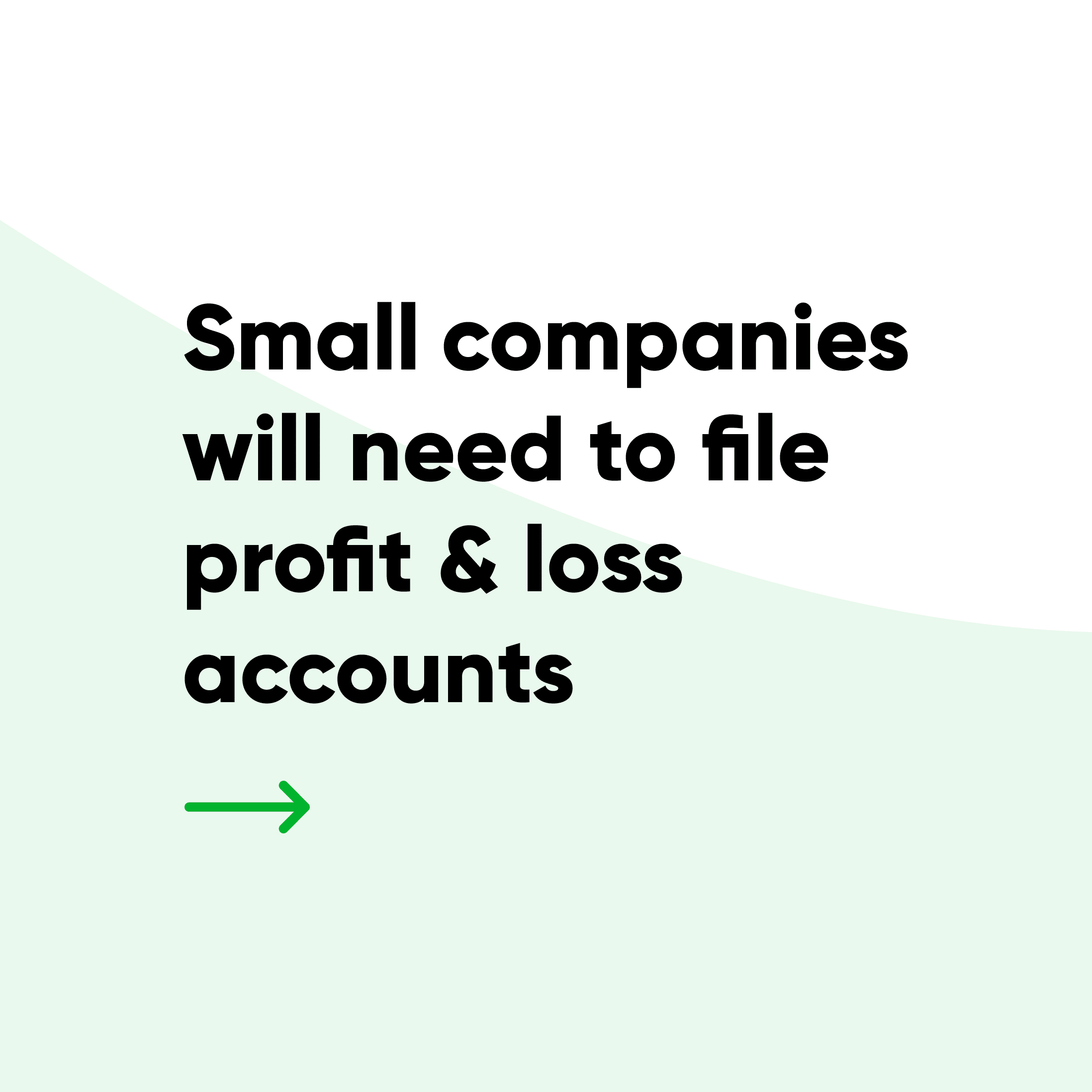The construction industry has long been weighted towards the much larger main contractors, with smaller subcontractors being constantly beaten down through late payment practices, the aggressive use of retentions and often dubious contractual disputes. Add to this the uncertainty created by Brexit – causing numerous delays to projects – and it’s hard to imagine that things could get much worse for a sector that is absolutely vital to the health of our economy.
Cue HMRC and their domestic reverse charge for construction services, which comes into effect on the 1st March 2021. The aim of this measure is to combat missing trader fraud in the construction sector, but as you would expect, there are some pretty severe consequences that will be felt throughout the sector.
The Key Points
- Any person supplying certain construction industry services to a VAT-registered customer will no longer be required to account for VAT. Instead the customer will account for VAT under a “reverse charge” arrangement. That is, the customer will account for VAT as if they had made the supply themselves (to themselves) and will also, if and to the extent appropriate, recover the same VAT as input tax.
- This applies only to supplies which would otherwise be subject to VAT at the standard or reduced rate. It does not, for example, apply to zero-rated supplies or supplies made by someone who is neither registered nor required to be registered for VAT.
- The list of services to which the reverse charge applies are the same services as those to which the Construction Industry Scheme applies. The reverse charge though also extends to any goods or materials supplied in conjunction with construction services.
- The reverse charge applies only to services that are made to a contractor and it does not apply to an “end-user” customer.
- Unlike some other “reverse charge” schemes, amounts accounted for under the reverse charge will not count towards the VAT registration limit. This means that if a customer is not already required to be registered for VAT, the reverse charge “deemed self-supplies” will not make him so.
Why have HMRC taken this approach?
HMRC consider that the construction industry, with its relatively high turnover and low margins, is particularly susceptible to VAT fraud. One obvious way in which this can occur is where a supplier charges VAT on the services provided, is paid VAT by its customer but then absconds before paying it to HMRC. Where this happens, HMRC are left nursing losses to the value of the missing VAT.
The effect of the reverse charge is therefore to remove any risk that there may be deducted as input tax an amount which has never been paid over as output tax.
How will it impact me?
Construction businesses will need to ensure their accounting systems are capable of processing reverse charge supplies and make ongoing checks to ensure that supplies and purchases are correctly treated. As the VAT amount must still be shown on invoices subject to the domestic reverse charge, the risk that suppliers will account for the VAT to HMRC in error and customers will recover it from HMRC is clear.
Subcontractors that rely on VAT collected from their customers as working capital until they have to remit it to HMRC are likely to suffer from a significant loss of cash flow. These businesses and even their customers will need to consider if payment terms need to be revisited to avoid problems in the supply chain.
Subcontractors will also need to confirm that they are working for a VAT registered business and whether they are working for an end user, or for someone connected to an end user, including landlords and tenants.
How we can help
We can ensure that your systems are set up to seamlessly take care of accounting for the reverse charge. We have been in touch with Xero, who have assured us that their system will be set up for this come the 1st March 2021.
The biggest impact for subcontractors will be the cash flow headache that this will create, and we can work with you to fully understand how this will affect your business. If necessary, we can help you put in place additional sources of working capital, to ensure your ongoing contracts are not adversely affected.
Contact a member of Team SAS to find out more.





